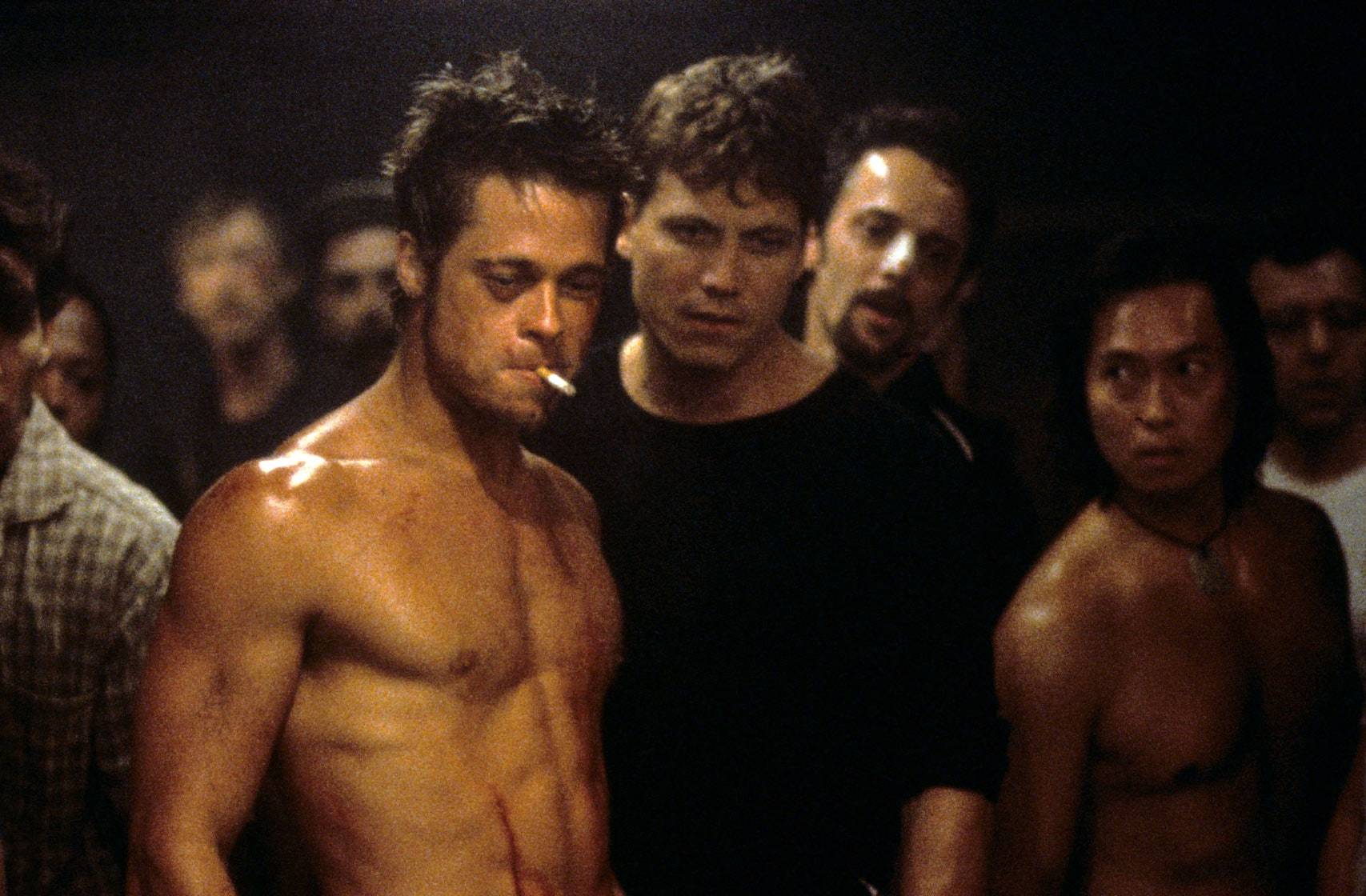Original ‘Fight Club’ ending restored in China after censorship backlash
The authorities prevailed in the edited version of the 1999 cult classic

The original ending of ‘Fight Club’ has mostly been restored on Chinese streaming platform Tencent Video after an altered ending prompted outcries of censorship.
Last month news of the edited ending to David Fincher’s 1999 film made international headlines.
The cult classic ends with the Narrator (Edward Norton) realising that Tyler Durden (Brad Pitt) is a mental projection. He kills Durden and the closing scene shows buildings exploding and collapsing.
In the edited version, the explosion scene was removed and viewers were told that the state foiled Durden’s plans and was sent to a psychiatric hospital for psychological treatment.
Following backlash, Tencent has now reportedly restored about 11 of the 12 minutes that were cut, but still omitted a sex scene.
Films are often edited in China, with Beijing only approving a small number of foreign releases each year.
The revisions were met with ridicule on Chinese social media. One commenter wrote on the microblogging site Weibo: “Probably ‘Ocean’s 11’ would have all been arrested. ‘The Godfather’s’ entire family would end up in jail.” Another felt that “there is no point watching this film without that scene.”
Following news of the adjusted ending, ‘Fight Club’ author Chuck Palahniuk responded with amusement.
“Have You Seen This Sh*t? This is SUPER wonderful! Everyone gets a happy ending in China!” he wrote on Twitter.
Writing on his Substack, he said: “Tyler Durden ends up in a lunatic asylum?!” adding, “Tyler and the gang were all arrested. He was tried and sentenced to a mental asylum. How amazing. I’d no idea! Justice always wins. Nothing ever exploded. Fini.”
Palahniuk spoke to TMZ in a follow-up interview, stating that the censored version was perhaps more faithful to his original literary ending.
“The irony is that the way the Chinese have changed it, they aligned the ending almost exactly with the ending of the book, as opposed to [David] Fincher’s ending, which was the more spectacular visual ending,” he said. “So in a way, the Chinese brought the ending back to the book a little bit.”
